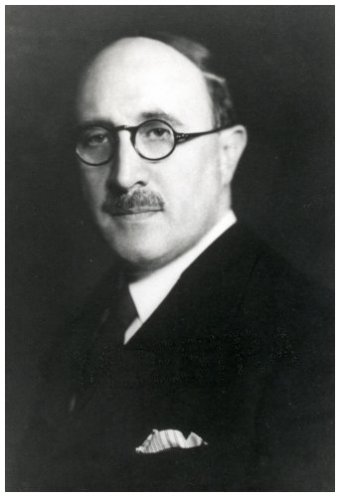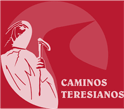
Although born in Madrid, this great humanist spent half his life in the town. The family home was situated in Plaza de Santa Teresa (El Grande) and his wife also came from Ávila.
From when he was a boy, he received an eminently humanist education, which led him to study philosophy and arts and, at the age of only 23 years, he was awarded the chair of the universities of Barcelona, Valencia and Madrid. His political activity, associated with the Republicans, led him to be elected member of Parliament for Ávila between 1931 and 1936 for three terms of office. He was Minister of State in 1933 and Vice-President of the Parliament in 1936. However, his involvement forced him to leave the Spanish university system during the Civil War and move first of all to France in 1937 (University of Bordeaux) and later, in 1940, to Argentina (University of Mendoza).
Even so, he did not abandon his political career and was President of the Republican Government in exile.
It was in what he considered his second home, Argentina, where he developed his work as a teacher and researcher to the full. His studies on Spanish Mediaeval History remain valid today and he was given great prestige, together with numerous awards for his career (including the Prince of Asturias Prize for Communication and Humanities in 1984 for ‘an exemplary life dedicated entirely to serving Spain and Spanish people from an intellectual commitment to politics’). For some, he was the most important specialist in the Spanish Middle Ages and he always maintained that his preference for this period in history had much to do with the happy years in which he played on, walked along and fell in love with the cobbled streets of his town.
On his adventure, he was not accompanied by his family since the early death of his wife meant that his three children were brought up by their grandparents in the family home in Ávila.
Recognition from his hometown came with the award of the Gold Medal of the Province in 1980, which was given to him by a commission of Ávila dignitaries who travelled to Buenos Aires.
He finally returned from America in 1983, setting up home in the same house in the town where he had spent his childhood and youth. He died one year later.
His epitaph summarises two of the key factors behind his existence: profoundly religious, he considered individual and social freedom as the base for coexistence. And he passed away knowing that he had recovered this coexistence among all Spanish people, for which he had worked so hard in life. As a specialist in the Middle Ages, as a believer and as a man from Ávila, he had no doubt whatsoever that he should be buried in the Cathedral of Ávila.













